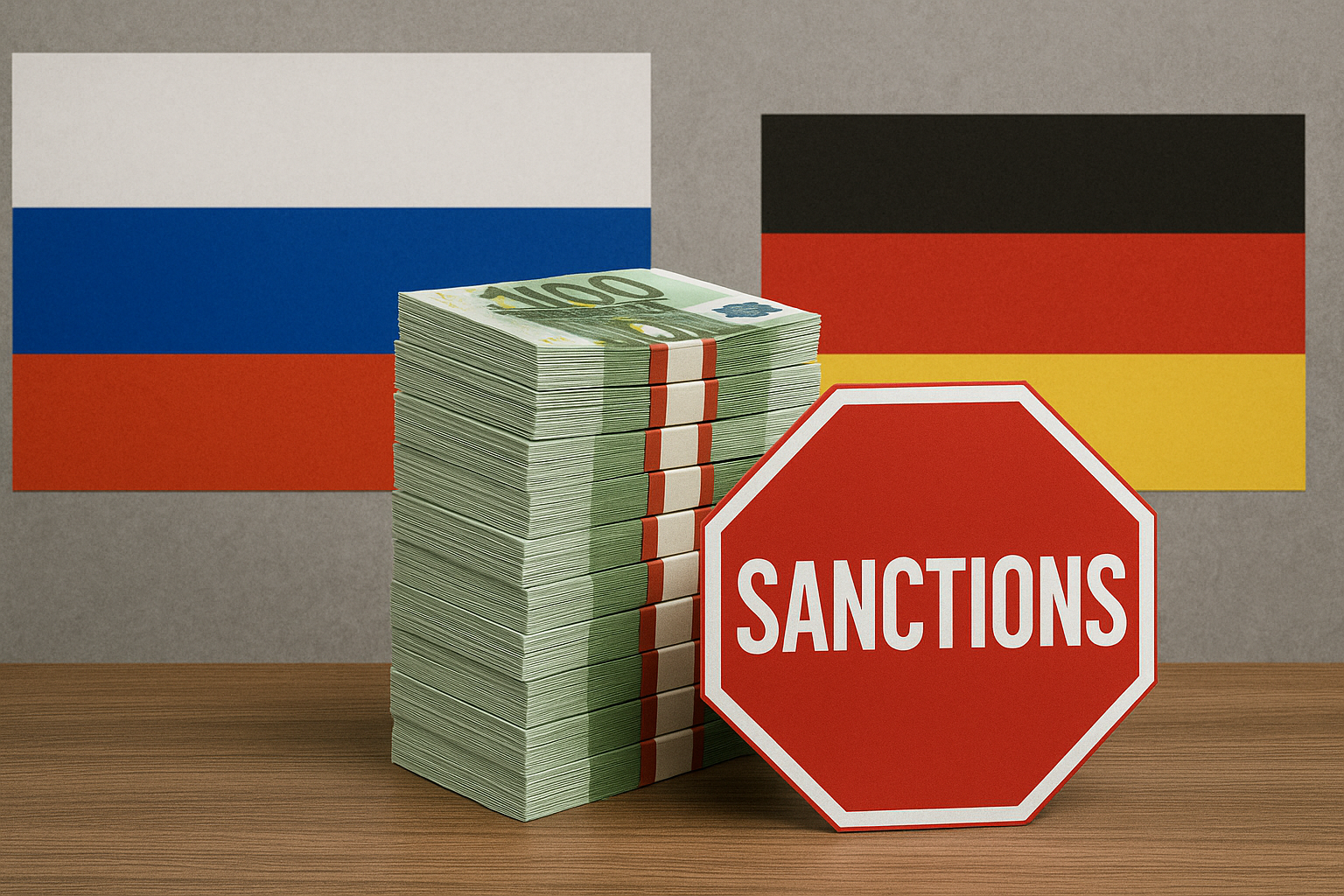

In April 2025, Russian aluminium producer United Co. RUSAL (Rusal) publicly warned that it would pursue legal action against Germany after a German takeover of a bank disrupted a currency‐hedging deal. The bank in question was VTB Bank (Europe) SE – the Frankfurt-based subsidiary of Russia’s state-owned VTB Bank – which German authorities effectively took over in April 2022 amid EU sanctions on Russia. A German-appointed trustee later liquidated the bank (renamed OWH SE) in 2023, and by August 2024, its licence was revoked. This AI-generated image is used for representational purposes only
This AI-generated image is used for representational purposes only
Rusal says this sequence of events illegally expropriated its subsidiary’s rights under a hedging contract, culminating in a London arbitration award ordering Rusal to pay EUR 213 million to the bank’s liquidators. Rusal has now threatened an investment treaty claim against Germany, arguing that Germany’s actions (through BaFin and the courts) amounted to unlawful confiscation of its business.
Importantly, this was not a commercial merger or purchase but a regulator-driven takeover. German authorities completely cut off VTB’s European arm from its parent under Western sanctions. As Reuters reported, after sanctions, Germany’s regulators would “no longer allow VTB Europe to take instructions from the parent”, effectively expropriating control to enforce EU rules.
Rusal’s dispute and threat against Germany
Rusal’s contention centres on a currency-hedging contract its trading unit (RUSAL Trading International - RTI) had with VTB Bank (Europe) SE. According to reports, RTI had entered into a derivatives agreement with the bank to hedge RUB (Russian Ruble) exchange-rate risk in its overseas aluminium trading. When war broke out in Ukraine, BaFin’s sanctions meant the bank in question could not manage this contract normally. The BaFin-appointed manager eventually moved to liquidate the bank in April 2023.
During liquidation, OWH SE (the renamed bank in liquidation) demanded that RTI post additional collateral under the hedging agreement. RTI refused, citing the risk of violating sanctions by transferring money to a sanctioned entity. The dispute went to arbitration in London. The tribunal (London Court of International Arbitration) found for the bank’s liquidators and awarded EUR 213 million against RTI.
Why Rusal calls it ‘expropriation’
Rusal now argues that this outcome effectively expropriates its investment. In a letter to German officials (as reported by the Financial Times), Rusal calls Germany’s actions “illegal expropriation” of its subsidiary’s rights. Rusal points out that the recipient of the EUR 213 million will be the bank’s liquidator – a vehicle of the German regulatory regime, thus transferring value to the sanctioned party. Rusal contends that, by taking control of VTB’s German subsidiary and allowing it to enforce this claim, Germany has violated investment-protection guarantees.
Rusal says it has “no choice” but to resort to legal remedy. As reported, Rusal’s appeal notes that OWH SE is “a subsidiary of an organisation under sanctions” and that forcing payment would give the liquidator “an enormous windfall”.
 Events
Events
 e-Magazines
e-Magazines
 Reports
Reports



Responses






